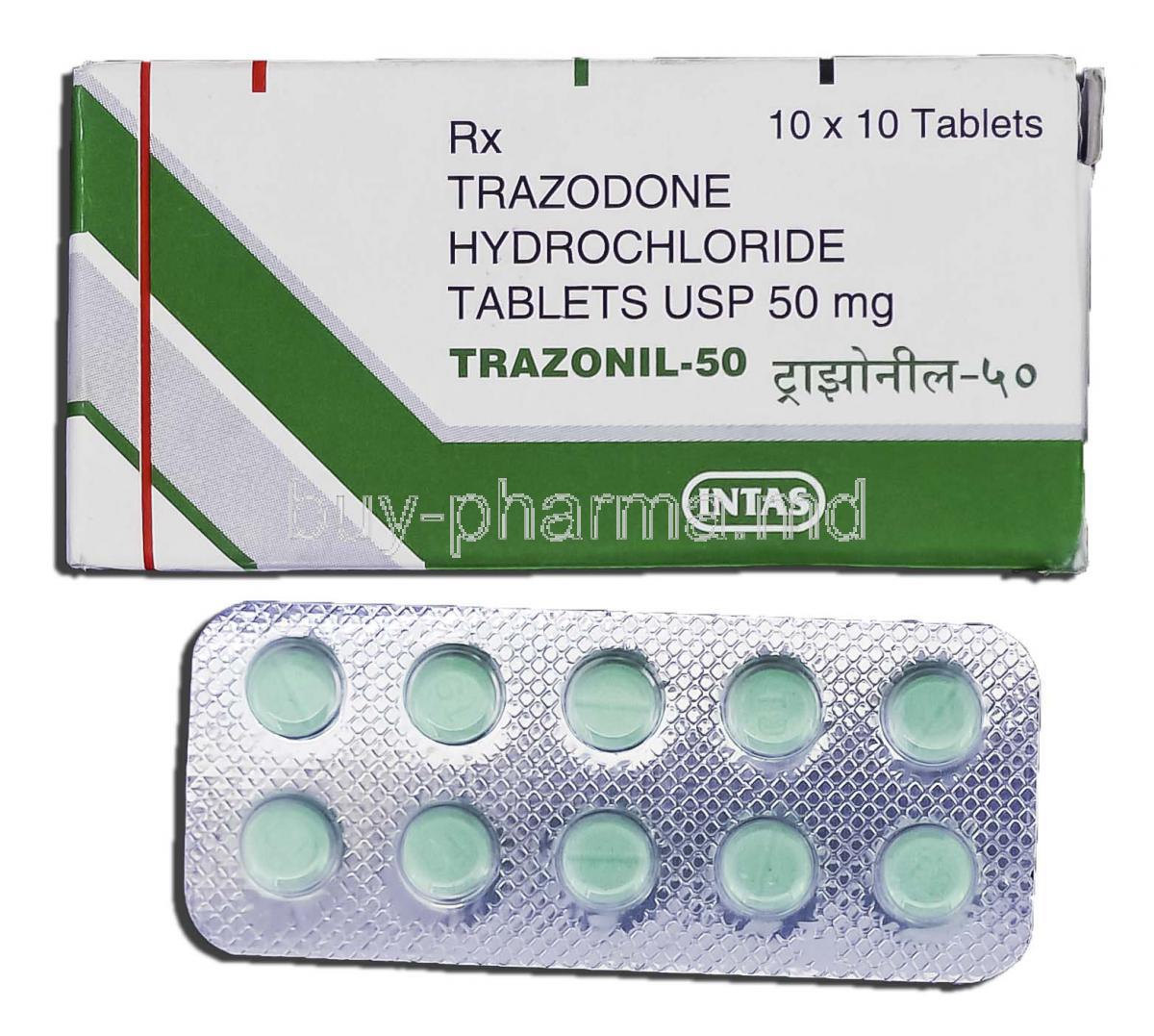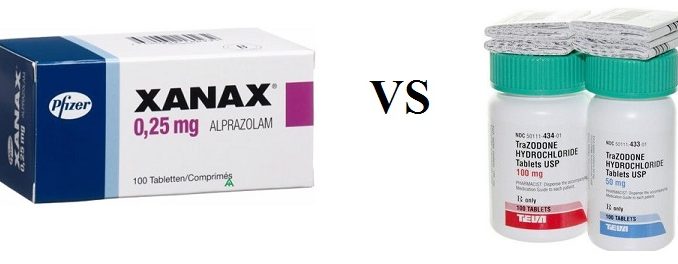

Opiates are valuable in pain-associated insomnia. Alcohol has the potential for abuse and should not be used as a sleep aid. Routine use of over-the-counter drugs containing antihistamines should be discouraged. Hypnotics generally should be prescribed for short periods only, with the frequency and duration of use customized to each patient's circumstances. Exercise improves sleep as effectively as benzodiazepines in some studies and, given its other health benefits, is recommended for patients with insomnia. There is good evidence supporting the effectiveness of cognitive behavior therapy. Treatment should begin with nonpharmacologic therapy, addressing sleep hygiene issues and exercise. However, if insomnia is severe or long-lasting, a thorough evaluation to uncover coexisting medical, neurologic, or psychiatric illness is warranted.

Physicians may initiate treatment of insomnia at an initial visit for patients with a clear acute stressor such as grief, no further evaluation may be indicated. National average of 59%).The frequency of sleep disruption and the degree to which insomnia significantly affects daytime function determine the need for evaluation and treatment. Towards improving my patients’ CPAP adherence to 85-90% (compared to the My preference for using trazodone for chronic insomnia. Of mild cognitive impairment and Alzheimer’s dementia. In conclusion, trazodone may be helpful in reducing the risk May never become widely recommended for sleep. Therefore, it is unlikely thatĪny pharmaceutical company will invest in the studies necessary for FDAĪpproval for insomnia, or in convincing opinion makers. It turns out that it is not a particularly effectiveĪntidepressant. Generic medicine approved for use in depression (in larger doses than often If the medicines gets FDA approvalįor the specific use, opinion makers add their voice. Along the way, the pharmaceutical company involves opinion makers asĬonsultants, speakers, and board members. To get FDA approval, a pharmaceutical company does largeĭouble-blind studies comparing it with placebo (or with another FDA approved The sleep medicine community do not recommend it. Trazodone is anĭespite its benefits and advantages, many opinion makers in Other research shows that worse sleep is associated with brain changesĪlso seen in AD, and with worse cognitive function and dementia. Trazodone has also been shown to increase deep Generally cause cognitive impairment or daytime sleepiness. Melatonin, ramelteon, and mirtazapine do not. Research has shown that trazodone improves sleep in AD Trazodone improves sleep in Alzheimer’s patients Patients on trazodone had less decline in cognitive function over the next few years. The researchers compared them with matched patients not using trazodone. Some of them had mild cognitive impairment (MCI) or Alzheimer’s dementia (AD). Researchers from University of California, San Francisco, looked at patients with sleep disorders using trazodone.

Improves CPAP adherence in sleep apnea patients having trouble tolerating CPAP. Trazodone reduces arousals in sleep apnea patients. CPAP causes arousals and awakenings and disturbs sleep, andĪPAP (auto-titrating positive airway pressure) is even worse in this respect. I also use it frequently for sleepĪpnea patients who are not tolerating Continuous Positive Airway Pressure Medicine for patients with chronic insomnia. Trazodone for sleep reduces worsening of memory in patients Senior man losing parts of head as symbol of decreased mind function.


 0 kommentar(er)
0 kommentar(er)
